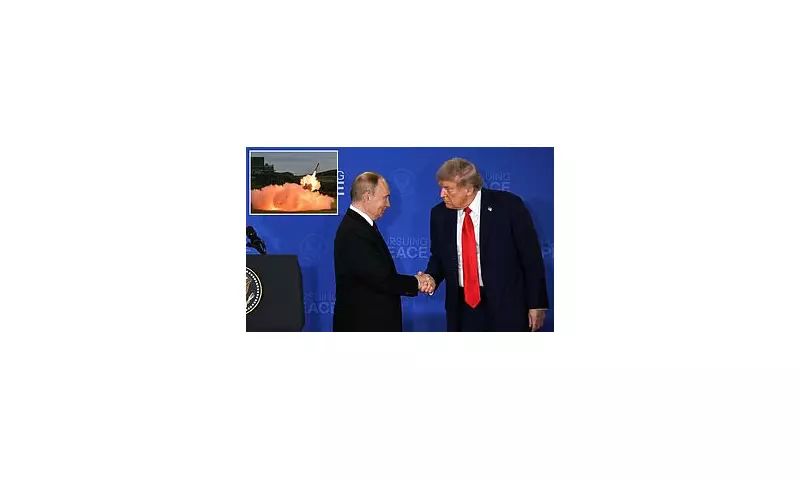
In a speech that sent shockwaves through the international community, former US President Donald Trump delivered a stark ultimatum to NATO allies, threatening to abandon them to Russian aggression if they failed to meet their financial obligations.
Recounting a conversation with the head of a ‘major’ European country, Trump claimed he was asked if the US would still protect a nation from Russia if it was ‘delinquent’ in its payments. His chilling response? ‘No, I would not protect you. In fact, I would encourage them to do whatever the hell they want.’
A Direct Challenge to NATO's Core Principle
The remarks represent the most direct assault on NATO's foundational Article 5 clause, which states that an attack on one member is an attack on all. This principle has been the bedrock of transatlantic security since the alliance's inception.
Trump’s anecdote, delivered at a rally in South Carolina, underscores his long-held frustration with what he perceives as unfair burden-sharing within the alliance. He has repeatedly criticised European powers for not hitting the agreed-upon target of spending 2% of their GDP on defence.
Economic Warfare with China
Beyond geopolitical threats, the former president also outlined a fierce economic policy towards China. He vowed to implement potentially catastrophic tariffs on Chinese goods if re-elected, suggesting they could exceed 60%.
This aggressive stance is part of a broader strategy to protect American industries and challenge China's economic practices, which he argues have decimated US manufacturing.
White House and Global Condemnation
The response from the White House was swift and severe. A spokesman labelled Trump’s comments ‘appalling and unhinged’, arguing they encourage invasions by adversarial regimes and endanger American national security, global stability, and the domestic economy.
NATO itself has been quietly bolstering its defences in Eastern Europe since Russia's invasion of Ukraine, making Trump's hypothetical scenario a potential nightmare for military planners in Europe and the US.
The speech solidifies Trump's foreign policy posture of ‘America First’ and signals a potentially radical shift in global alliances and economic relations should he win a second term in the White House.





